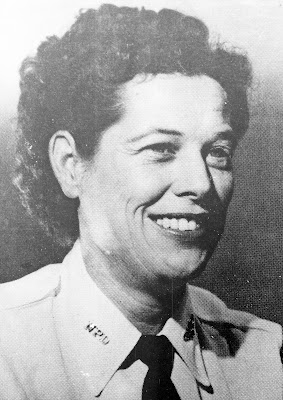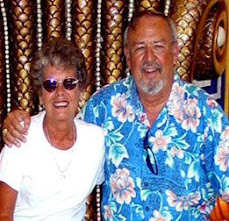The Reverend was telling me his problems. We'll call him Reverend Most. He was pastor of a well-healed congregation in fat and frilly part of North Naples. Most was an acquaintance I liked to talk with. I didn't go to his church, either. Nor anyone else's. We never talked about religion.
"Problem is," he said, "the congregation thinks that I require a new car every couple of years. That either I do, or the wife. And they buy us one. Big, expensive ones."
"Geez, Most," I said, "that's awful. Wish I had your problems."
"I know," the Reverend said, "it sounds silly but it's awkward. Every two years a new Caddy or Lincoln shows up. And I still have the old one to get rid of. They never trade it in. I've told them I don't want a new car, but it does no good."
"Problem solved," I said. "Next time it happens, find yourself a deserving soul and exercise a little Christian charity. Give them the old one. Some deserving soul like a hard working public servant."
He laughed, and we moved on to equally frivolous conversation.
About two months later Rev Most gave me a ring. "How would you like to have a slightly used Caddy Sedan de Ville?" he said.
I was stunned, then remembered our conversation. "I was just teasing you the other day. I couldn't take something like that."
"And I couldn't give it to you," Most said. "But I could sell it to you at a heck of a price." And he did, doing both of us a favor.
It was a 1971 aqua Caddy, one of the big four-doors. And it was loaded. A honey. Sandy and I at the time were driving a Volkswagen Carmen Ghia that would have fit in its trunk.
But the venture was star-crossed from the beginning. I'll always believe the car had a mind of its own and knew it had been traded-down to drivers beneath its station. The problems started immediately.
It was 1973 and within two-weeks the phony oil shortage started. Gas shot up to prohibitive levels--if you could get it. And here we're sitting with a hog with an almost 500 cubic inch motor that was always thirsty.
Next, a visiting friend, backing out of our driveway and not realizing how long tour parked Caddy was, bashed in the rear quarter-section.
Then there was the trip to Atlanta to visit Sandy's grandma, Big Mama. On the way up, we were nearly capsized when the left front tire blew off the rim. Before we got to A-Town, two more had done the same. (Radial tires were new at the time and less than perfect)
On the trip back, the automatic temperature control went goofy and wouldn't blow anything but cold air. And you couldn't turn it off. This was during a December cold snap with the air as frigid as GM's heart. When we got back we found the repair on the thing would cost a fortune. I went to Bob Taylor's Chevy and traded it in.
"Don't make many deals like that," Bob said. "Most folk don't trade in a Caddy for a pickup truck."
"Just goin' back where I belong," I told him, serious as a case of crotch crickets.












